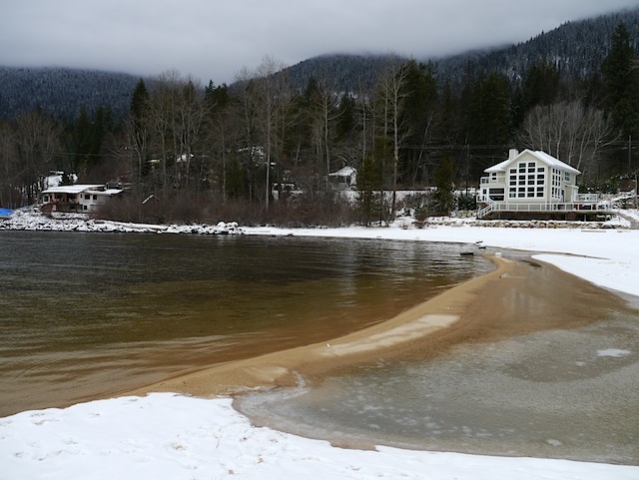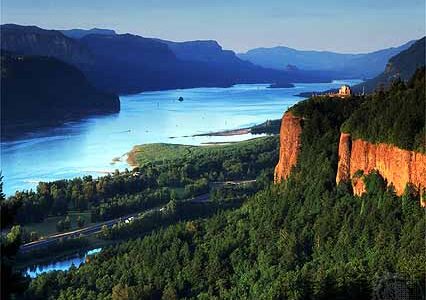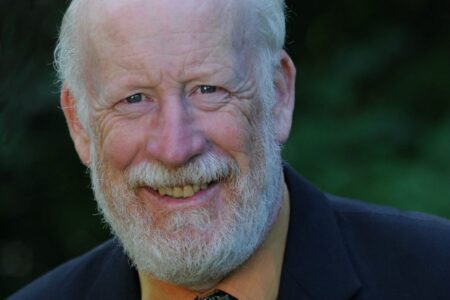North Shore Citizens Protest Alberta Summer Resident Dock
A Calgary couple plans to build a large wharf that will bisect a popular family swimming area at Willow Point Beach on the north shore of Kootenay Lake.
Jane and Mark Andreychuk occupy their recently built beachfront house as a summer holiday residence and are absent for the other ten months of the year.
A vigorous social media campaign over the past few days spearheaded by local residents has attracted hundreds of people to a Facebook group and a Facebook page opposing the project.
The Andreychuks have applied to the Ministry of Forests, Lands and Natural Resources for permission to construct the 56-metre wharf. This permission is required because the lakefront below the high water line is crown land. To read the Andreychuks’ application, which includes a drawing of the proposed wharf, click here.
To see a diagram of the proposed dock on a Google Earth image, click on the photo at the end of this article.
__________________
JANUARY 8, 2013, UPDATE: The Andreychuks have withdrawn their application and plan to amend and re-submit it later in the year. Read about that in an updated story in The Nelson Daily here.
__________________
Warm water, shallow, no current
The beach is popular with families and children not just from the immediate neighbourhood, because a sandbar extending far out into the lake creates a sheltered, shallow bay with no current.
“The family element is huge,” says Eva McKimm, a long-time resident and one of the Andreychuks’ neighbours. “Because of the lay of the sandbar, we have a nice shallow swimming area where the moms can be and the kids are right there, and it doesn’t get deep quickly.”
A designated corridor of crown land for lake access runs adjacent to the Andreychuk property from Highway 3a to the beach.
RDCK rep is against it
Ron Mickel, who represents the area on the board of the Regional District of Central Kootenay (RDCK), says he’s been hearing a lot of concern from the public about the proposed wharf.
“I have been getting calls from South Slocan, Nelson, other places,” he told The Nelson Daily on a tour of the beach on Saturday. “Everyone uses this beach. People drive right past Lakeside to come out here. Sometimes I come here and there are more people than at Lakeside Park, because the water is warmer.
“You are looking at potential boat traffic in a swimming hole,” he said. “And it is a fairly confined area. If they can confine their boating to outside that sand bar, that is one thing, but to bring it inside this area, that is asking for trouble.
“I will be voicing my concerns to Forest Lands and Natural Resources and I will be a opposed to building the dock in this way,” Mickel said. “There is no question it serves no purpose for the general public.”
“Like a neighbourhood park”
In her submission to the Ministry of Forest Lands and Natural Resources, McKimm explained that neighbourhood concerns about the wharf are not just about swimming.
“In early spring during low water the area between the spit and the shoreline is completely out of the water. Our family and friends use the large open space recreationally for birthday parties, soccer games, kite flying (we have 2 high performance kites), remote control car racing, treasure hunts at Easter … the list goes on and on. Installing a permanent wharf system would place an immovable barrier making all of the above-listed recreation impossible.”
Watching out for the neighbours
McKimm explains that not only do the neighbours use the foreshore, but they are stewards of it. Her husband, Jay McKimm, who has lived on their property since he was four years old, says he and other residents are always aware of activity on the water and on the shore near their house. They occasionally confront partiers who are making noise and a mess on the property in front of the Andrechuk’s home. On one occasion he and other neighbours accosted some drunk motorcyclists who were tearing up the beach.
Jane Andreychuk, contacted by The Nelson Daily, declined to comment on the neighbours’ response to the planned dock, except to say that the purpose of the wharf would be to “contain the boats.”
A test of Area F’s new Community Plan?
Mickel says the wharf would contradict the wishes of the public expressed in Area F’s recently developed Official Community Plan (OCP). “They said they wanted these special areas preserved. Putting a dock here would severely limit the use of this area. It is something that has come to be expected–people expect it to be here and expect it to be accessible, just like Pulpit Rock was, and then all of a sudden the access was cut off. That is the kind of thing we were hoping to avoid with the Community Plan.”
In its section on natural areas, the OCP states that the RDCK should, among other things:
- Encourage policies for public access to all foreshore areas, and
- Limit the number of wharves or docks, encourage the sharing of such structures, and consider adopting design guidelines for their placement and construction.
Provincial government will decide
Harry Mitchell, the Authorizations Manager for the Ministry of Forests, Lands and Natural Resources in Cranbrook, told The Nelson Daily that outside of the construction specifications for the dock, the main issues his staff would scrutinize in an application such as this would be “social concerns, environmental concerns, and First Nations concerns. Any of those could get in the way of an application, and they often do.”
UPDATE JANUARY 8, 2013
The Andreychuks have withdrawn their application and plan to amend and re-submit it later in the year. Read about that in an updated story in The Nelson Daily here.

























